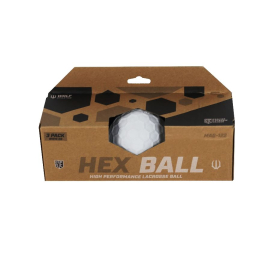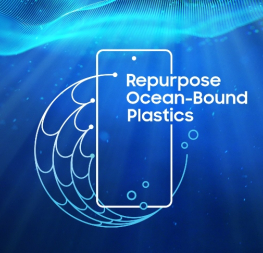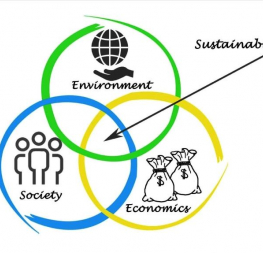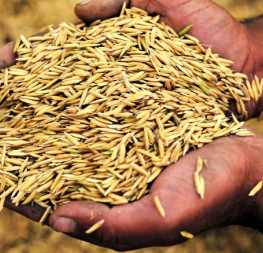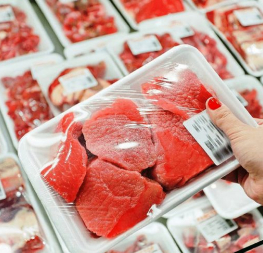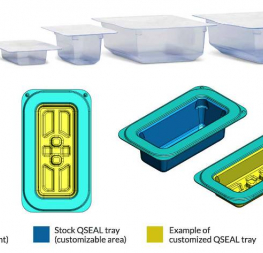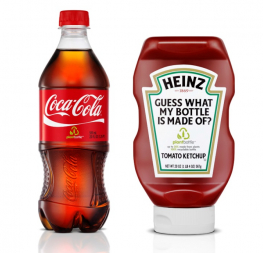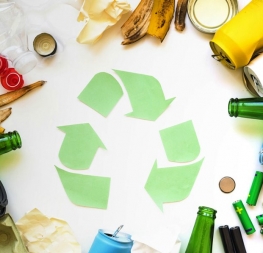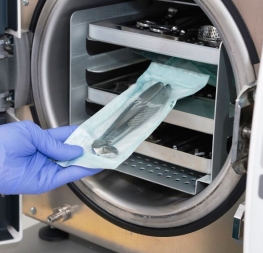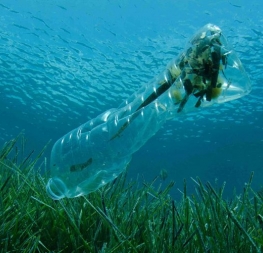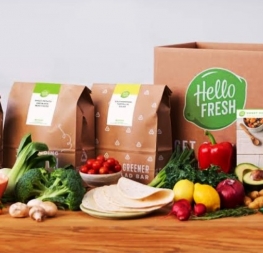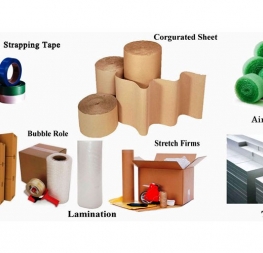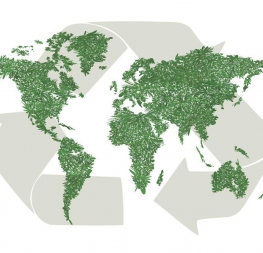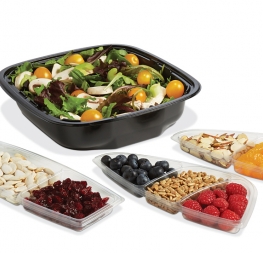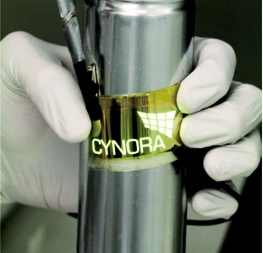What is E-Commerce?
E-Commerce is commercial transactions conducted electronically on the Internet. E-Commerce is used by business such as Amazon, Walmart, eBay, and many other retail stores around the world. We utilize e-commerce on a daily basis whether it is buying something for personal use or selling an item to gain a profit. E-Commerce has grown exponentially as more and more consumers are more prone to ordering items online versus going into stores to purchase items. Amazon is one the largest companies in the world to utilize this new method of buying and selling goods and has profited phenomenally. Amazon has developed different programs to attract their customer base by developing “Amazon Prime” and “Amazon Prime for Students”, which can be utilized by college students.
What does E-Commerce Have to do with Amazon?
“Amazon, which is the world’s largest internet retailer, has set the standard for commerce reinvention with fast delivery, near-invisible payments and other perks tied to its Amazon Prime membership platform” (Evans). Amazon is the leading company when it comes to e-commerce. Amazon has developed the largest online retail market in the world that continues to grow at an exponential rate. Because of this, e-commerce has thrived and will continue to thrive in the future. “Amazon’s e-commerce sales in the U.S. are expected to reach a staggering $258.2 billion this year, up nearly 30 percent from a year ago, according to a new survey from eMarketer that looks at the company’s sales by product category”(Reagan, Thomas). This quote from CNBC, gives us statistical information to back up the notion that Amazon is the leading company in e-commerce. The order of E-Commerce big companies are as follows: eBay, Apple, Walmart, The Home Depot, Best Buy, QVC Group, Macy’s, Costco, and Wayfair. However, all these companies have one thing in common compared to Amazon. They all have a long way to go in order to catch up with Amazon. Amazon is at an increasing 49.1% when it comes to e-commerce. “By 2019, marketplace sales are forecast by the firm to be more than 70 percent of Amazon’s overall e-commerce business” (Reagan, Thomas). As stated previously, Amazon has grown so fast because of modern conveniences such as “Prime.” Amazon Prime allows its members to get free two-day shipping, along with special pricing during holidays. “The day of deals draws new, paying Prime members to the platform, which is one reason Amazon continues to grow so rapidly- it has a loyal membership base” (Reagan, Thomas). Obviously, Amazon has no plans on slowing down anytime soon. If anything, Amazon plans to continue to dominate the retail business and expand its business through other resources.
Conveniences Affecting Packaging
As online retail continues to grow at an exponential pace, it can have some negative effects to packaging and the environment. “Online retail is certainly not responsible for all that trash- but it sure doesn’t help” (Bird.) Considering that statement, when consumers buy items online and receive them in boxes, is there any damage done to the items in the box? Does the box have any wear or tear on them? Most importantly, what do the consumers do with the boxes once they have emptied out the items they ordered from the vendor? “Amazon also asks constantly for ‘packaging feedback’ after shipping items, and if a comment is sufficiently pointed, will pull ‘the Andon cord’ to stop a product from letting down another customer. Amazon claims to have cut nearly a quarter of a million tons of packaging materials from 2007 to 2017, ‘avoiding 500 million shipping boxes’ (Bird). Based on this quote, we see that Amazon takes pride to make sure that the customer is satisfied with the packaging of their items. They have programs in place to make sure that the customer does not receive anything less when it comes to receiving their items. If the packaging for the items is not satisfactory, Amazon makes sure it takes care of its customer improves its packaging materials. However, let us go back to the question of what consumers do with their boxes once they have taken their items out. “Brand-owners, retailers and plain old consumers alike all need to take responsibility for reducing the packaging impact on the environment. Otherwise, just as in Pixar’s Wall-E, we will wind up suffocating in garbage” (Bird). Unlike other business in e-commerce, Amazon has a program specially designed for recycling their packaging materials. The program is called “Amazon Frustration-Free Packaging.” This program basically enables the customer to open their package/s hassle free. The packaging material used is 100% recyclable and has been lab tested. By implementing this type of program, there is a chance of avoiding a big impact of packaging to the environment.
Amazon E-Commerce Environment-friendly
Although some critics may say that Amazon is disrupting the environment with fast shipment of items to the customers, or that their packaging of items is affecting the environment, Amazon has implemented programs to improve this issue. One the programs Amazon has implemented is the “Amazon Packaging Certification Guidelines.” This program was initiated to solve packaging challenges for ecommerce marketing. “We are working hard on initiatives to further reduce packaging waste while protecting orders for customers” (Nelson). The goal of Amazon is to not only have customer satisfaction with their orders, but also conserve as much as possible to prevent further damage to the environment’s ecosystem and the already abused wasteland (which is full of plastic). Another program Amazon has implemented is the SustPack. This program holds a conference every year to come up with ideas on how to prevent damage to a good during shipment by going through a certified packaging process that uses less material as possible. “… It’s a win for the planet- the reduced amount of packaging is less wasteful, and lower damage rates mean less transportation of goods to and from the customer”(Nelson). By having this program in place, there will be less packaging material in wastelands and reduce pollution. “The time is now to reimagine packaging to enable companies to thrive in an ecommerce business model” (Nelson). In other words, if other companies do not develop ways to make packaging as minimal and eco-friendly as possible, there is a chance they will not thrive as a business and could ultimately be defeated by other competitors, like Amazon. We have recently seen a business collapse to the hands of Amazon, Toys R Us.
How Does E-Commerce Affect Transportation?
E-Commerce is great, but how does transportation and employees of companies such as FedEx and UPS. Because of Amazon’s “Prime” membership, members are able to get Two-Day free shipping for the items that are Prime eligible. It is great for the customer, but can be a hassle for the employees are delivering the orders. “The rise of e-commerce and the allure of same- and next-day delivery have hit the goods movement industry like a tidal wave, UPS more than most, multiplying the number of trips each day by several orders of magnitude” (Humes). In other words, the employees that make the deliveries are consistently on a tight schedule, because of the increased demand on when packages need to be delivered. This is great for consumers, but for employees such as, Noel Massie, this can be a hassle. According to Massie, “I am in the business of minutes… Minutes makes us or breaks us.” If they do not deliver certain packages at a specific times this could not only affect the consumer, but also it could also affect the reputation of the company they work for.
References
Bird, Jon. “What A Waste: Online Retail's Big Packaging Problem.” Forbes, Forbes Magazine, 29 July 2018, www.forbes.com/sites/jonbird1/2018/07/29/what-a-waste-online-retails-big-packaging-problem/#1e84aad8371d.
Evans, Michelle. “5 Ways Amazon Will Disrupt Commerce Before Amazon Go Comes To Your Neighborhood.” Forbes, Forbes Magazine, 5 Jan. 2017, www.forbes.com/sites/michelleevans1/2017/01/05/5-ways-amazon-will-disrupt-commerce-before-amazon-go-comes-to-your-neighborhood/#19b8c805358b.
Humes, Edward. “Why the Future of E-Commerce Depends on Better Roads.” Harvard Business Review, 5 Mar. 2018, hbr.org/2016/04/why-the-future-of-e-commerce-depends-on-better-roads.
Pierce, Lisa McTigue. “Amazon on Creating Ecommerce Packaging That's Great for All: Customers, Companies and the Environment.” Packaging Digest, Packaging Digest, 25 Jan. 2018, www.packagingdigest.com/optimization/amazon-on-creating-ecommerce-packaging-thats-great-for-customers-companies-and-environment-2017-04-14.
Thomas, Lauren, and Courtney Reagan. “Watch out, Retailers. This Is Just How Big Amazon Is Becoming.” CNBC, CNBC, 13 July 2018, www.cnbc.com/2018/07/12/amazon-to-take-almost-50-percent-of-us-e-commerce-market-by-years-end.html.


